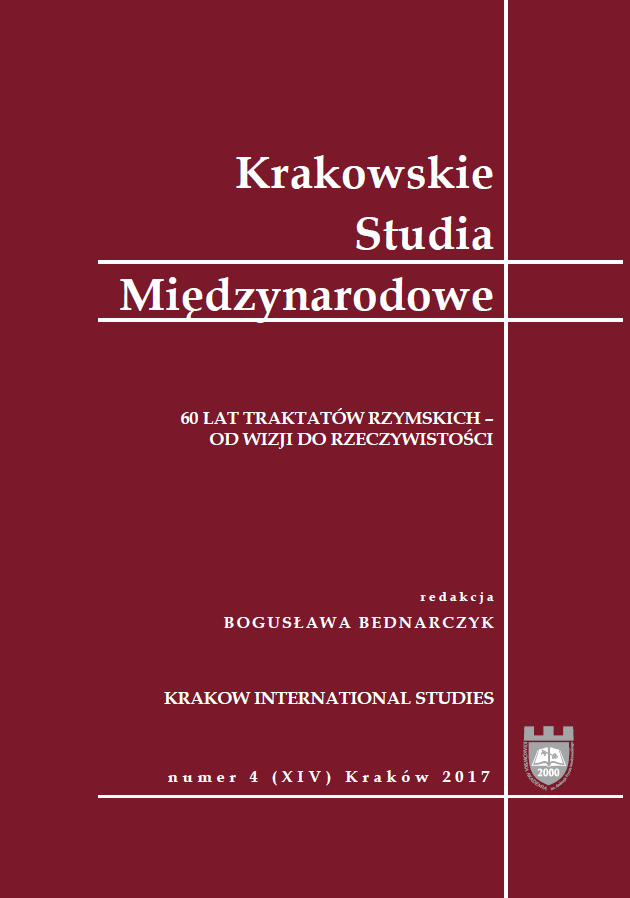Key European Communities and European Union treaties and accord in the case law of the German and the Polish Constitutional Tribunals
Key European Communities and European Union treaties and accord in the case law of the German and the Polish Constitutional Tribunals
Author(s): Magdalena BainczykSubject(s): Constitutional Law, EU-Legislation
Published by: Oficyna Wydawnicza AFM Uniwersytetu Andrzeja Frycza Modrzewskiego w Krakowie
Keywords: German Federal Consitutional Court; Polish Constitutional Court; founding treaties of the EU; Schengen method
Summary/Abstract: This article examines the legal nature of the foundation treaties of the EC and the EU from the point of view of the Polish and the German Constitutional Tribunals. Neither the Polish Constitution nor the German Basic Law does determine in explicit terms the legal status of the foundation treaties. The recognition of the legal nature of those treaties by national constitutional tribunals has far-reaching legal and political consequences whose significance is hard to overestimate. The adoption by a constitutional court of a specific legal qualification of the foundation treaties not only determines their position in the system of national law but also enshrines a set of formulas with a lasting influence on the relations between a member state and the EU. And last but not least the qualification influences the position of a national constitutional tribunal within the European community of constitutional courts, especially in connection with the question which tribunal has the last word in the European constitutional conversations. This analysis, based on the case law of the German BVG and the Polish TK, focuses on those highly significant formulas and statements that deal, firstly, with legal aspects of the EC and EU foundation treaties and, secondly with legal aspects of international agreements concluded within the European Union in accordance with the “Schengen intergovernmental method”.
Journal: Krakowskie Studia Międzynarodowe
- Issue Year: XIV/2017
- Issue No: 4
- Page Range: 13-34
- Page Count: 22
- Language: English

